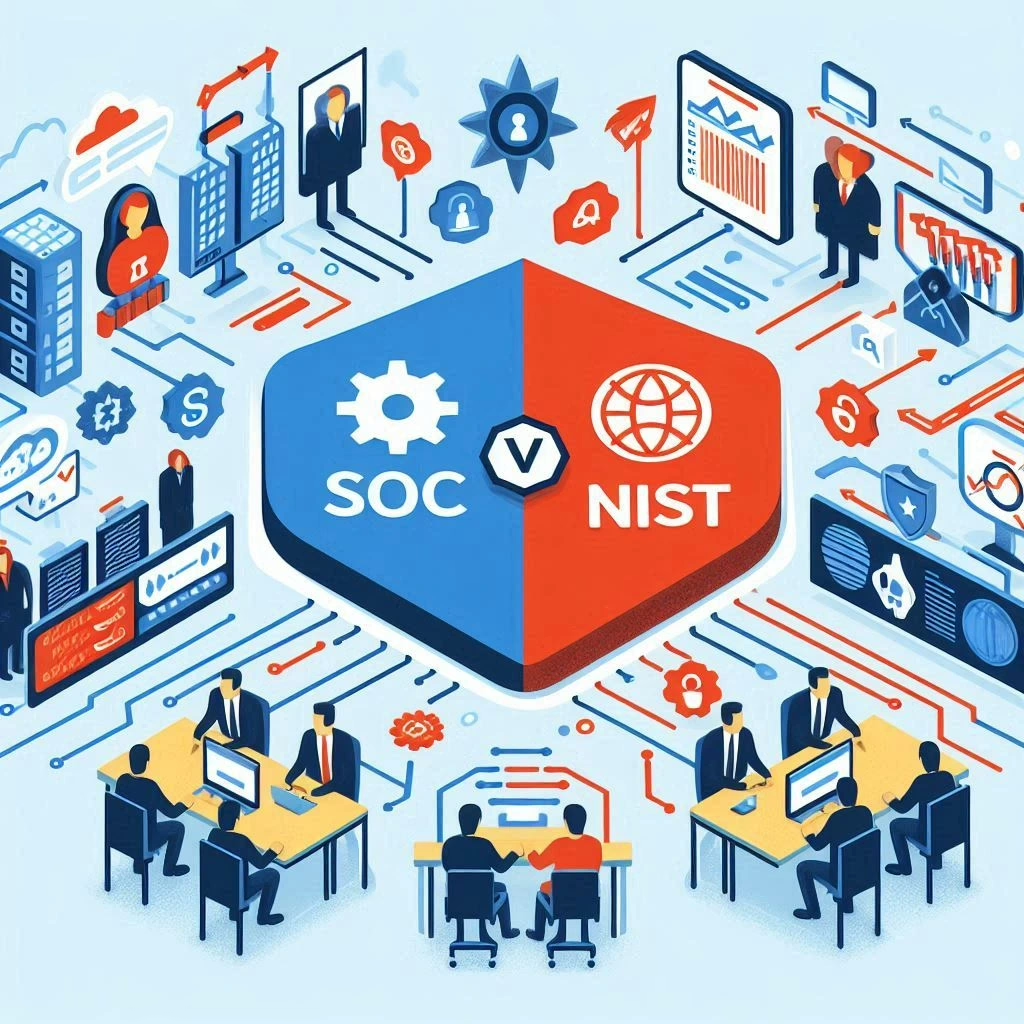In the complex landscape of the insurance industry, internal auditors play a pivotal role in auditing insurance companies to ensure transparency, accountability, and compliance with regulatory standards. Their responsibilities extend beyond mere financial oversight; they are tasked with evaluating the effectiveness of risk management processes, internal controls, and governance structures. This multifaceted role is crucial in maintaining the integrity of financial reporting and safeguarding the interests of policyholders and stakeholders alike.
Ethics serve as the cornerstone of the auditing process, particularly in the insurance sector, where the stakes are high and the potential for conflicts of interest is significant. Adhering to ethical principles not only fosters trust among stakeholders but also enhances the credibility of the audit function. Internal auditors must navigate a myriad of ethical dilemmas, from ensuring objectivity in their assessments to managing relationships with management and external parties. The commitment to ethical behavior is essential in preventing fraud and promoting a culture of accountability within the organization.
The insurance industry is characterized by its unique challenges, including complex financial products, regulatory scrutiny, and the inherent uncertainties associated with risk assessment. Auditors in this sector must be acutely aware of the ethical implications of their work, as they often encounter situations where personal values may clash with professional obligations. Understanding these ethical challenges is vital for internal auditors and ethics officers, as it equips them to address potential conflicts and uphold the integrity of the auditing process. As we delve deeper into the ethical dilemmas faced by auditors in the insurance landscape, it becomes clear that a robust ethical framework is not just beneficial but essential for effective auditing practices.
Understanding the Insurance Landscape
The auditing of insurance companies presents a unique set of ethical challenges and complexities that internal auditors and ethics officers must navigate. This section aims to provide context on the regulatory environment, financial intricacies, and key stakeholders involved in the insurance auditing process.
Regulatory Environment
The insurance industry is heavily regulated, with a framework designed to ensure compliance with various laws and standards. Auditors must be aware of the following aspects:
- Compliance Requirements: Insurance companies are subject to rigorous compliance audits that assess their adherence to regulatory requirements, industry standards, and internal policies. This systematic review is crucial for maintaining operational integrity and protecting consumer interests [7].
- Dynamic Compliance Expectations: The regulatory landscape is continually evolving, which necessitates that internal auditors stay updated on changes in laws and regulations. This includes understanding the implications of new regulations on risk management and governance processes [6].
- Ethical Standards: Auditors are expected to commit to ethical standards that enhance the credibility of financial reporting. This commitment is not only a regulatory requirement but also fundamental to building trust among stakeholders [10].
Financial Intricacies of Insurance Products and Risk Assessment
The financial aspects of insurance products are complex, requiring auditors to have a deep understanding of various elements:
- Risk Assessment: Auditors must evaluate the nature, timing, and extent of audit procedures based on the unique risks associated with insurance products. This includes understanding how these products are priced and the underlying assumptions that drive their profitability [5].
- Intangible Risks: Regulators expect insurance companies to have robust risk management processes in place, which includes adequate resources such as skilled staff and technology investments. Auditors must assess whether these processes are effectively implemented and maintained [6].
- Financial Reporting: The intricacies of financial reporting in the insurance sector can lead to ethical dilemmas, particularly when it comes to the recognition of revenue and the estimation of reserves. Auditors must navigate these challenges while ensuring compliance with accounting standards [10].
Key Stakeholders in the Insurance Auditing Process
The auditing process in the insurance industry involves multiple stakeholders, each with their own interests and ethical considerations:
- Insurance Companies: The primary entities being audited, they have a vested interest in maintaining compliance and ensuring accurate financial reporting to uphold their reputation and operational viability.
- Regulatory Bodies: These organizations enforce compliance and ethical standards within the industry, providing oversight and guidance to auditors and insurance companies alike [7].
- Policyholders: As the end-users of insurance products, policyholders rely on auditors to ensure that insurance companies are financially sound and operating ethically. Their interests must be considered throughout the auditing process [10].
- Internal Auditors and Ethics Officers: These professionals play a critical role in navigating the ethical challenges faced during audits. They must balance the need for thoroughness in auditing with the ethical implications of their findings and recommendations [14].
Understanding the complexities of the insurance landscape is essential for internal auditors and ethics officers. By being aware of the regulatory environment, financial intricacies, and key stakeholders, auditors can better address the ethical dilemmas that arise in the auditing process.
Common Ethical Dilemmas in Auditing Insurance Companies
Auditing insurance companies presents unique ethical challenges that internal auditors and ethics officers must navigate to maintain integrity and uphold professional standards. Here are some of the most pressing ethical dilemmas faced in this sector:
- Conflicts of Interest: Auditors often find themselves in situations where their relationships with management or external parties may compromise their objectivity. The nature of the insurance industry, which frequently involves complex financial arrangements and partnerships, can create scenarios where auditors might feel pressured to favor certain stakeholders over others. Maintaining independence is crucial, as auditors must avoid any relationships that could be perceived as influencing their judgment or the audit outcomes [3][5].
- Pressure to Overlook Discrepancies: In the high-stakes environment of insurance, auditors may encounter pressure from management to ignore or underreport financial irregularities. This pressure can stem from a desire to present a more favorable financial position to stakeholders or to meet regulatory expectations. Auditors must balance their professional integrity with organizational loyalty, ensuring that they adhere to ethical guidelines and resist any attempts to compromise their findings [4][11].
- Navigating Personal Biases: Personal biases can significantly impact an auditor’s decision-making process. In the context of insurance, where auditors may have prior experiences or relationships that influence their perceptions, it is essential to remain vigilant. Auditors must actively work to ensure that their evaluations are based on objective criteria rather than personal feelings or preconceived notions. This commitment to objectivity is vital for maintaining the credibility of the audit process and fostering trust within the organization [8][10].
By understanding and addressing these ethical dilemmas, auditors in the insurance sector can better navigate the complexities of their roles, ensuring that they uphold the highest standards of professionalism and integrity in their work.
Best Practices for Ethical Auditing in Insurance
Auditing insurance companies presents unique ethical challenges that require a robust framework and proactive strategies to navigate. Internal auditors and ethics officers play a crucial role in ensuring that ethical standards are upheld within the auditing process. Here are some actionable strategies to address these challenges effectively:
- Establish a Strong Ethical Framework: It is essential for audit teams to have a clearly defined set of ethical values and principles that guide their work. This framework should align with the broader organizational values and emphasize integrity, transparency, and accountability. By promoting a culture of ethics, auditors can better navigate the complexities of the insurance landscape and make decisions that reflect the highest standards of professional conduct [6][9].
- Implement Regular Ethics Training and Workshops: Continuous education is vital in keeping auditors informed about the latest ethical standards and practices. Regular training sessions and workshops can help auditors recognize potential ethical dilemmas and equip them with the tools to address these issues effectively. This proactive approach not only enhances their skills but also reinforces the importance of ethical behavior in their daily operations [3][14].
- Encourage Open Communication and Reporting Mechanisms: Creating an environment where auditors feel comfortable discussing ethical concerns is crucial. Establishing clear channels for reporting unethical behavior or dilemmas can help identify issues before they escalate. Encouraging open dialogue fosters trust within the audit team and ensures that ethical considerations are prioritized in decision-making processes [9][12].
By implementing these best practices, internal auditors can better navigate the ethical challenges inherent in auditing insurance companies. This not only protects the interests of policyholders but also upholds the integrity of the auditing profession as a whole [1][9].
The Role of Technology in Addressing Ethical Challenges
In the evolving landscape of insurance, internal auditors face a myriad of ethical challenges that necessitate a robust approach to auditing practices. Technology plays a pivotal role in enhancing ethical standards and ensuring compliance within the insurance sector. Here are some key points on how technology can aid in ethical auditing practices:
- Data Analytics for Anomaly Detection: The use of data analytics is crucial in identifying anomalies and unethical practices within insurance companies. By leveraging advanced analytical tools, auditors can sift through vast amounts of data to detect irregularities that may indicate fraud or misrepresentation. This proactive approach not only enhances the accuracy of audits but also fosters a culture of accountability within organizations, as potential issues can be addressed before they escalate into significant ethical breaches [6][15].
- Cybersecurity and Data Privacy: As insurance companies increasingly rely on digital platforms for data management, the importance of cybersecurity and data privacy cannot be overstated. Auditors must ensure that robust controls are in place to protect sensitive information from breaches and unauthorized access. This includes evaluating the effectiveness of security measures and compliance with data protection regulations. By prioritizing cybersecurity, auditors can help safeguard consumer trust and uphold ethical standards in the industry [7].
- Emerging Technologies and AI: The integration of emerging technologies, particularly artificial intelligence (AI), presents both opportunities and challenges in promoting ethical standards. AI can enhance decision-making processes by providing insights that are free from human biases, thus supporting fair and transparent practices. However, auditors must remain vigilant about the ethical implications of AI, such as algorithmic bias and transparency. Regular ethical audits and open communication channels between auditors and stakeholders can help ensure that AI applications align with broader societal values and ethical expectations [4][5][11].
Technology serves as a powerful ally for internal auditors in navigating the ethical challenges faced by insurance companies. By harnessing data analytics, prioritizing cybersecurity, and embracing emerging technologies, auditors can enhance their practices and contribute to a more ethical insurance landscape.
Conclusion
In the complex landscape of auditing insurance companies, the significance of ethics cannot be overstated. Internal auditors play a crucial role in ensuring that ethical standards are upheld, particularly in an industry that often grapples with unique challenges and dilemmas. Here are the key points to consider:
- Importance of Ethics: Ethics serve as the foundation of internal auditing, guiding auditors in their decision-making processes and interactions with stakeholders. A strong ethical culture within an organization not only enhances trust but also mitigates risks associated with unethical behavior, such as fraud or misrepresentation. Auditors must remain committed to the principles of honesty, diligence, and responsibility as outlined in the IIA’s Code of Ethics.
- Continuous Education and Ethical Discussions: The insurance sector is constantly evolving, with emerging technologies and regulatory changes presenting new ethical challenges. It is essential for auditors to engage in ongoing education and participate in discussions about ethical practices. This can include attending workshops, webinars, and training sessions that focus on the latest ethical standards and dilemmas faced in the industry. By fostering a culture of continuous learning, auditors can better equip themselves to navigate complex ethical situations [7].
- Vigilance and Proactivity: Auditors must adopt a proactive approach to ethical considerations. This involves not only identifying potential ethical dilemmas but also implementing strategies to address them effectively. Establishing open lines of communication with risk and compliance teams can facilitate a collaborative environment where ethical concerns are addressed promptly. Auditors should also encourage the establishment of robust ethics and compliance programs within their organizations, ensuring that there are clear reporting mechanisms for unethical behavior [6][11].
In conclusion, the ethical landscape in auditing insurance companies is fraught with challenges, but by prioritizing ethics, engaging in continuous education, and remaining vigilant, internal auditors can navigate these complexities effectively. It is imperative for auditors to uphold their ethical responsibilities and contribute to a culture of integrity within their organizations.
Find out more about Shaun Stoltz https://www.shaunstoltz.com/about/
This post was written by an AI and reviewed/edited by a human.



